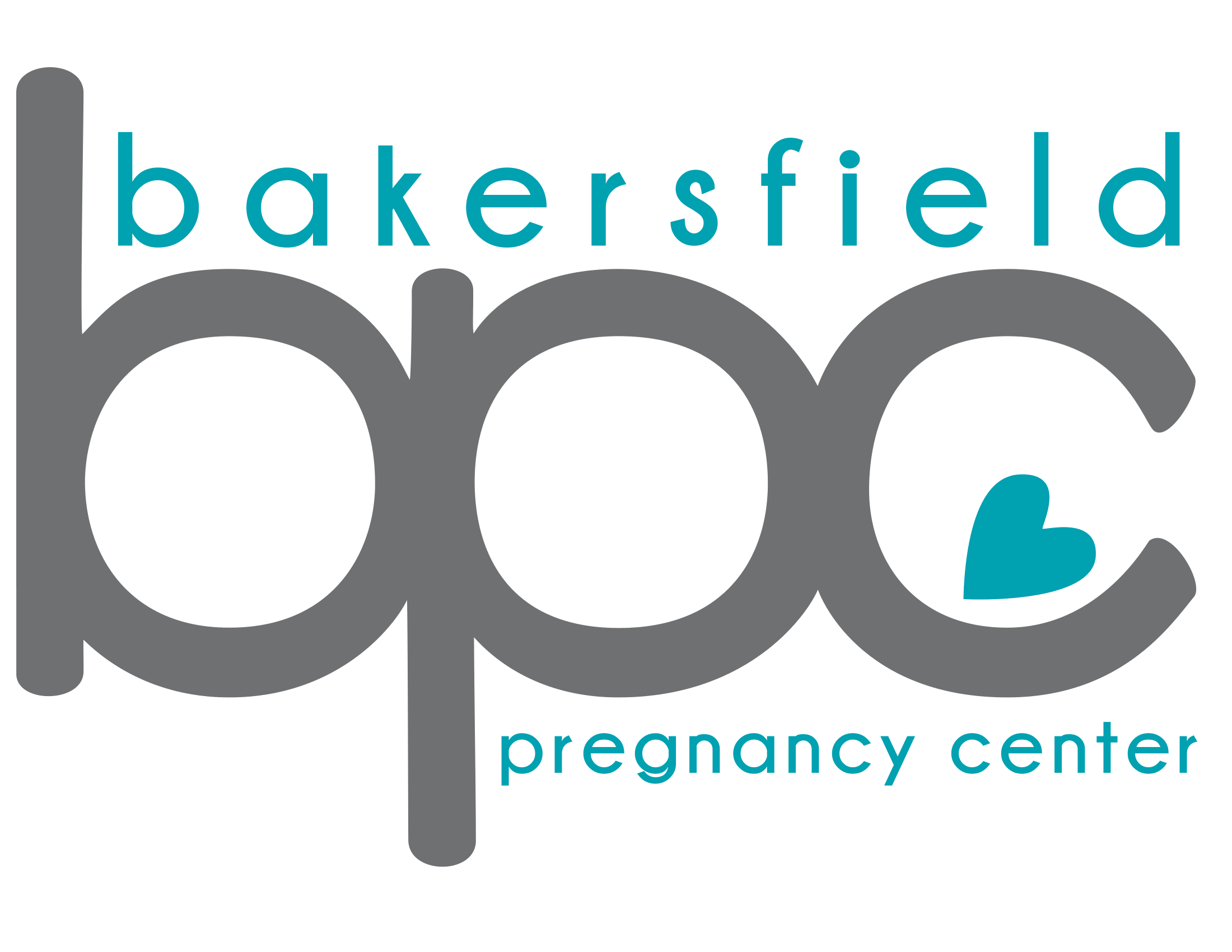In the stress of an unplanned pregnancy, you may have immediately begun searching for ways to end the pregnancy. Perhaps you came across the possibility of using Methotrexate for abortion. Today we will explore Methotrexate and its considerations.
What is a Methotrexate Abortion?
Methotrexate is a cytotoxic medication, meaning it prevents the replication or growth of living cells. According to the FDA, physicians can prescribe Methotrexate to treat cancers, arthritis, and psoriasis.
Many OBGYNs prescribe Methotrexate to treat ectopic pregnancies or non-viable pregnancies. Some providers prescribe Methotrexate to end a viable pregnancy. Both of these uses are considered “off-label,” meaning the FDA has not yet officially approved the drug for those indications. So, physicians and their patients must thoroughly discuss the risks, side effects, process, requirements, and follow-up.
How is Methotrexate and Misoprostol Used for Abortion?
Methotrexate can be used in conjunction with misoprostol to abort a pregnancy before eight weeks. Methotrexate prevents the pregnancy from progressing, while misoprostol expels the pregnancy from the uterus. Because of the risks associated with Methotrexate, women need frequent appointments with their provider before, during, and after a Methotrexate abortion.
How Does Methotrexate Work for Ectopic Pregnancy?
An ectopic pregnancy refers to a pregnancy that has developed outside of the uterus and cannot proceed normally. If untreated, an ectopic pregnancy could cause death.
After a thorough evaluation with blood work and an ultrasound, physicians often prescribe Methotrexate to a woman with a confirmed or suspected ectopic pregnancy. The Methotrexate stops the pregnancy from continuing. [1] Frequent follow-up with blood tests is required.
What are the Side Effects of a Methotrexate Abortion?
Possible side effects of Methotrexate include [2]:
- Nausea
- Vomiting
- Diarrhea
- Dizziness
What are the Risks of a Methotrexate Abortion?
Even small doses of Methotrexate can pose risks. Because Methotrexate can affect the growth of healthy cells, it can impact many different organs and could cause reactions that include [3]:
- Anaphylaxis (a severe, life-threatening allergic reaction)
- Gastrointestinal Toxicity
- Liver Toxicity
- Lung Toxicity
- Skin Reactions
- Kidney Toxicity
- Death with medication errors such as taking too much or too frequently.
Women should maintain close communication with their healthcare provider if using Methotrexate for an abortion.
What Do I Need to Know Before Taking Methotrexate for an Abortion?
If you’re considering a Methotrexate abortion, you need to know:
- How far along you are. Most providers will not prescribe Methotrexate for an abortion beyond a gestational age of 50 days. The most accurate way to determine gestational age is via an ultrasound.
- Your medical history. Women with a history of kidney, liver, or gastrointestinal diseases may not qualify for a Methotrexate abortion.
- Whether you’re willing to undergo a surgical abortion if the Methotrexate abortion is not successful.
- Ensure your provider is available 24/7 in the case of questions or complications.
- Ensure you have access to emergency care.
- Remember that Methotrexate for abortion has not been approved by the FDA.
If you’re considering a Methotrexate abortion, call us at (661) 326-1907 to speak with our healthcare professionals about your options.
What Do I Need to Know After Using Methotrexate for Abortion?
After a dosage of Methotrexate for an abortion, women need to [4]:
- Avoid sex, alcohol, prescription medications not approved by your provider, and vitamins/foods that contain folic acid.
- Avoid prolonged exposure to sunlight.
- Avoid pregnancy for up to 6 months.
- Follow up frequently with your provider for lab work and ultrasounds.
Can You Buy Abortion Pills Over the Counter?
Women can only obtain Methotrexate for an abortion via a prescription from a qualified provider in states where it is legal. Before prescribing the dose, providers should perform the following:
- Pelvic exam
- Vital signs
- Weight (so that the right dosage can be prescribed)
- Ultrasound
- Lab work (including hemoglobin, hematocrit, Rh factor, Renal and hepatic function, and a quantitative hCG)
Have Questions About Methotrexate Abortion? Get Answers at Bakersfield Pregnancy Center.
At Bakersfield Pregnancy Center we want to empower you with information about all of your options. Before choosing a Methotrexate abortion, call us today at (661) 326-1907 to speak with our compassionate and qualified staff.
Please be aware that Bakersfield Pregnancy Center does not provide or refer for abortion services.
Sources
- Mayo Clinic Staff. (2022, March 12). Ectopic Pregnancy. Mayo Clinic. https://www.mayoclinic.org/diseases-conditions/ectopic-pregnancy/diagnosis-treatment/drc-20372093
- West-Ward, Pharmaceuticals Corporation, & FDA. (2020, August). Methotrexate Label. FDA. https://www.accessdata.fda.gov/drugsatfda_docs/label/2020/040054s015,s016,s017.pdf
- See source #2.
- Mayo Clinic Staff. (2024, February 1). Methotrexate (oral route). Mayo Clinic. https://www.mayoclinic.org/drugs-supplements/methotrexate-oral-route/description/drg-20084837#drug-precautions

